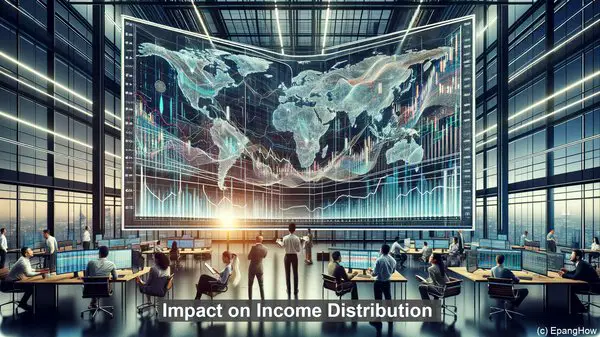Introduction: The Taxation Landscape
Hello everyone! Taxes are an integral part of any society, funding public services and infrastructure. Today, we’ll delve into the world of tax systems, focusing on the contrasting features of progressive and flat tax systems.
Progressive Tax System: A Graduated Approach
A progressive tax system, as the name suggests, progresses or increases in proportion to income. In simpler terms, the more you earn, the higher the tax rate you pay. This system is often implemented with tax brackets, where different income ranges have different tax rates. The underlying principle is that those who earn more can afford to contribute a higher percentage of their income.
Flat Tax System: A Uniform Approach
On the other hand, a flat tax system applies a consistent tax rate to all income levels. It disregards the concept of tax brackets and treats everyone equally in terms of the percentage of their income that goes towards taxes. Advocates of this system argue that it promotes simplicity and fairness, as everyone pays the same rate.
Impact on Income Distribution
One of the key distinctions between these systems lies in their impact on income distribution. A progressive tax system, by design, aims to reduce income inequality. By taxing higher earners at a higher rate, it seeks to redistribute wealth and provide a safety net for those with lower incomes. On the other hand, a flat tax system, while simpler, can inadvertently exacerbate income inequality. Since the tax burden is the same for everyone, it can disproportionately affect those with lower incomes, potentially widening the wealth gap.

Considerations of Economic Equality
Economic equality is another aspect to consider. Progressive tax systems are often seen as a means to achieve a more equitable society. By funding social programs and public services, they aim to provide equal opportunities and support for all citizens. Flat tax systems, however, rely on the belief that economic growth and prosperity can be best achieved by minimizing government intervention. Advocates argue that lower tax rates can incentivize investment and spur economic activity, benefiting society as a whole.

